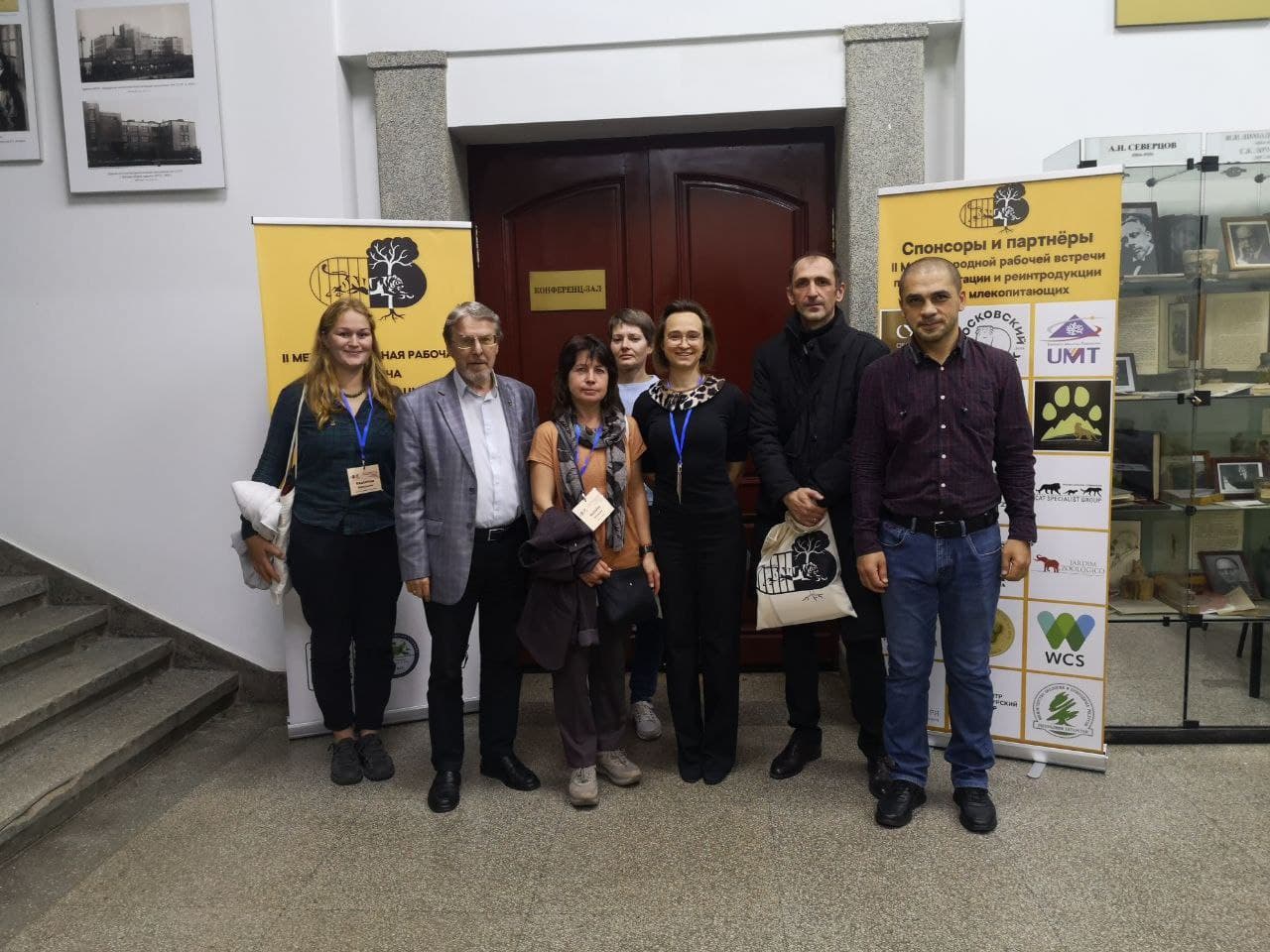
From 12 to 15 October 2021 the A.N. Severtsov Institute of Ecology and Evolution of the Russian Academy of Sciences hosted the II International Working Meeting dedicated to the rehabilitation and reintroduction of predatory mammals. The first such meeting was held in 2015 and aroused great interest among colleagues.
The current Working Meeting was dedicated to the memory of the outstanding Russian zoologist Valentin Sergeevich Pazhetnov (1936-2021), an excellent specialist who developed a system for returning orphaned bears to nature. Valentin Sergeevich created a whole dynasty, continuing the work of his life at the biological station "Clean Forest" - the return to nature of bear cubs that lost their mothers. Some of the representatives of this dynasty were able to attend the conference in person, while their other colleagues continued to work with animals at the biological station.
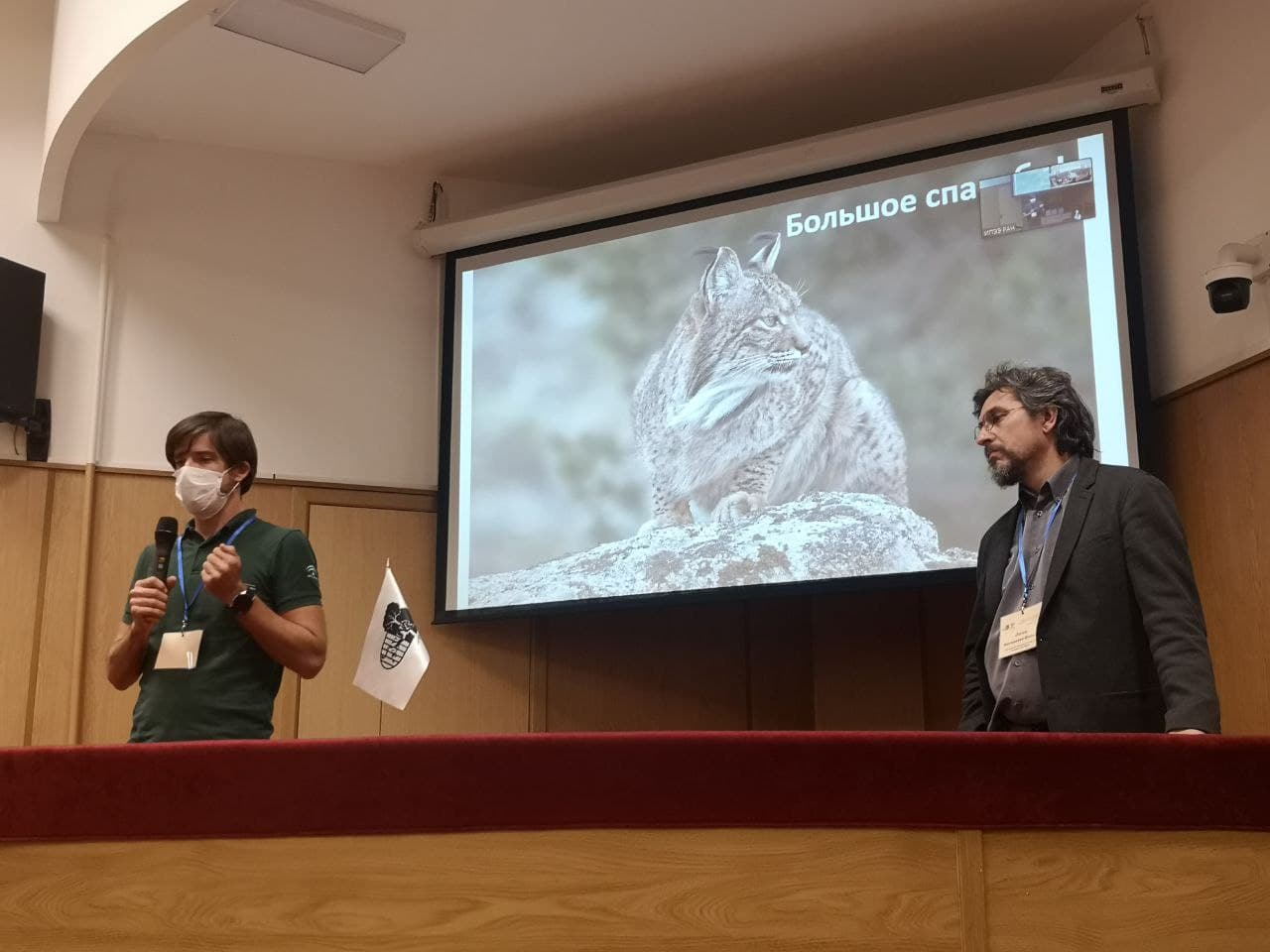
Reintroduction is one of the most relevant and effective techniques for restoring populations of rare animal species and their numbers. Predatory animals are the head and key components of food chains; their presence in ecosystems stabilizes the structure of the ecosystem, contributing to the restoration of the diversity of numerous interconnections of living organisms. However, the return of a predator to nature is a huge multicomponent work, consisting of more than a few stages. Such work requires the involvement of a large number of different specialists, and each of its stages is often impossible to implement without the success of the previous stage. The creation of special conditions in order to grow from birth or grow up to its natural state, or restore a predator with wild behavior is a difficult task that requires taking into account the peculiarities of the animal's habitat, the formation of its behavior, its adaptability and plasticity, and, accordingly, special methods of work. For predatory mammals, in addition to the ability to hunt prey, it is necessary to be able to find said prey in the wild. The ability to interact with their congeners is also necessary for them to continue the race. A separate issue is the conflict between predators and humans, since many areas on our planet are becoming more and more anthropogenic. The more intellectually developed the representatives of one or another species of carnivorous mammals, the more complex and plastic their behavior. How to preserve this, develop it fully, without harming the animal? How to give it the opportunity to return to its natural environment, and not pose a threat to humans?
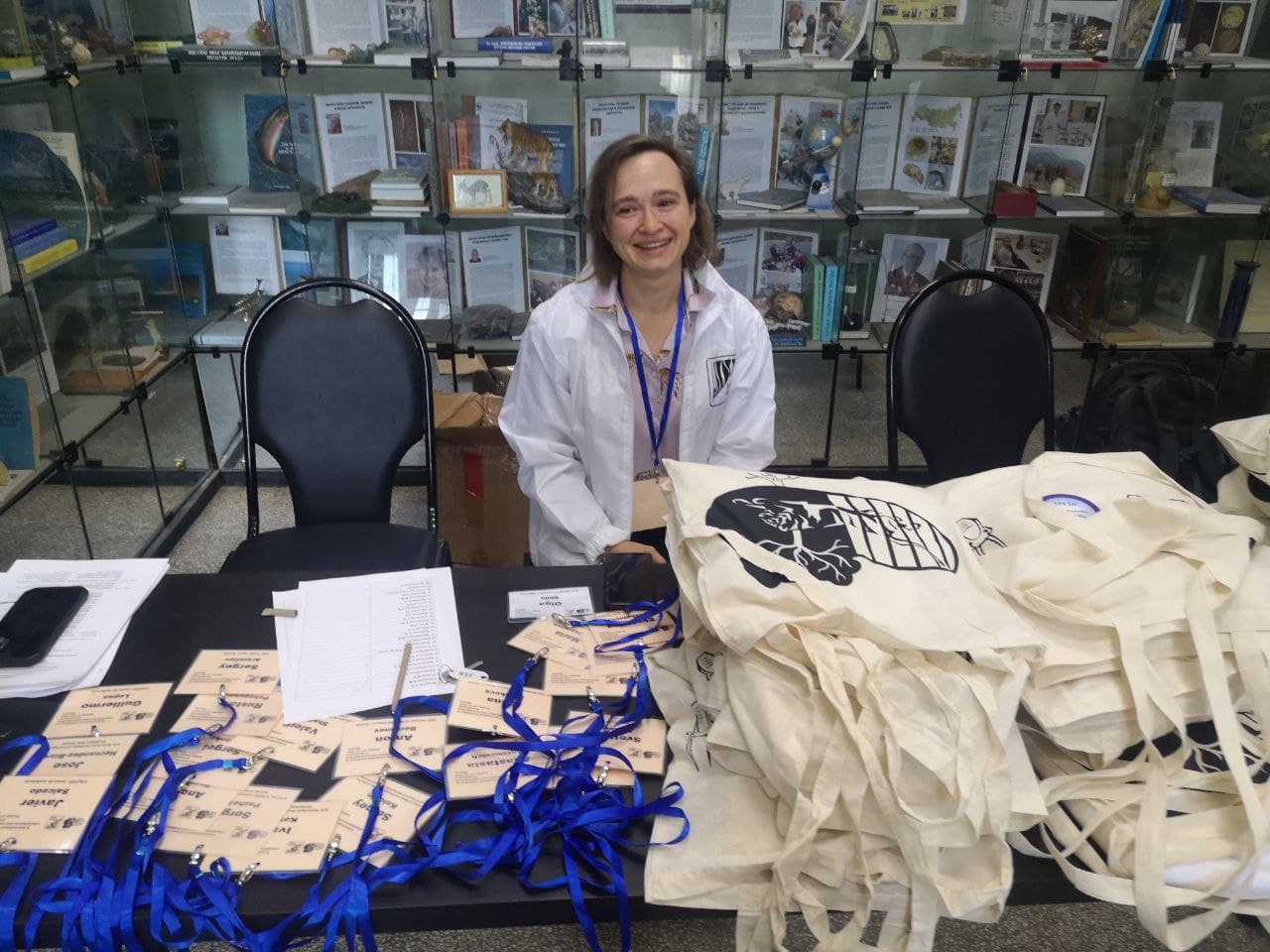
These topical issues were discussed among professionals for four days. Six sections were carried out on the functions and problems of species restoration projects, including through reintroduction; the importance of genetics issues in the selection of founding animals of the restored population and the genetic state of vulnerable populations requiring restoration; the questions of the patterns of the formation of animal behavior in ontogenesis and their consideration when preparing predators for release; issues of monitoring released animals and analyzing the success of their adaptation after release, which consists in resettlement, the ability to obtain food, to reproduce; the range of threats to the released animals was also discussed - competing species, pathogens, etc.
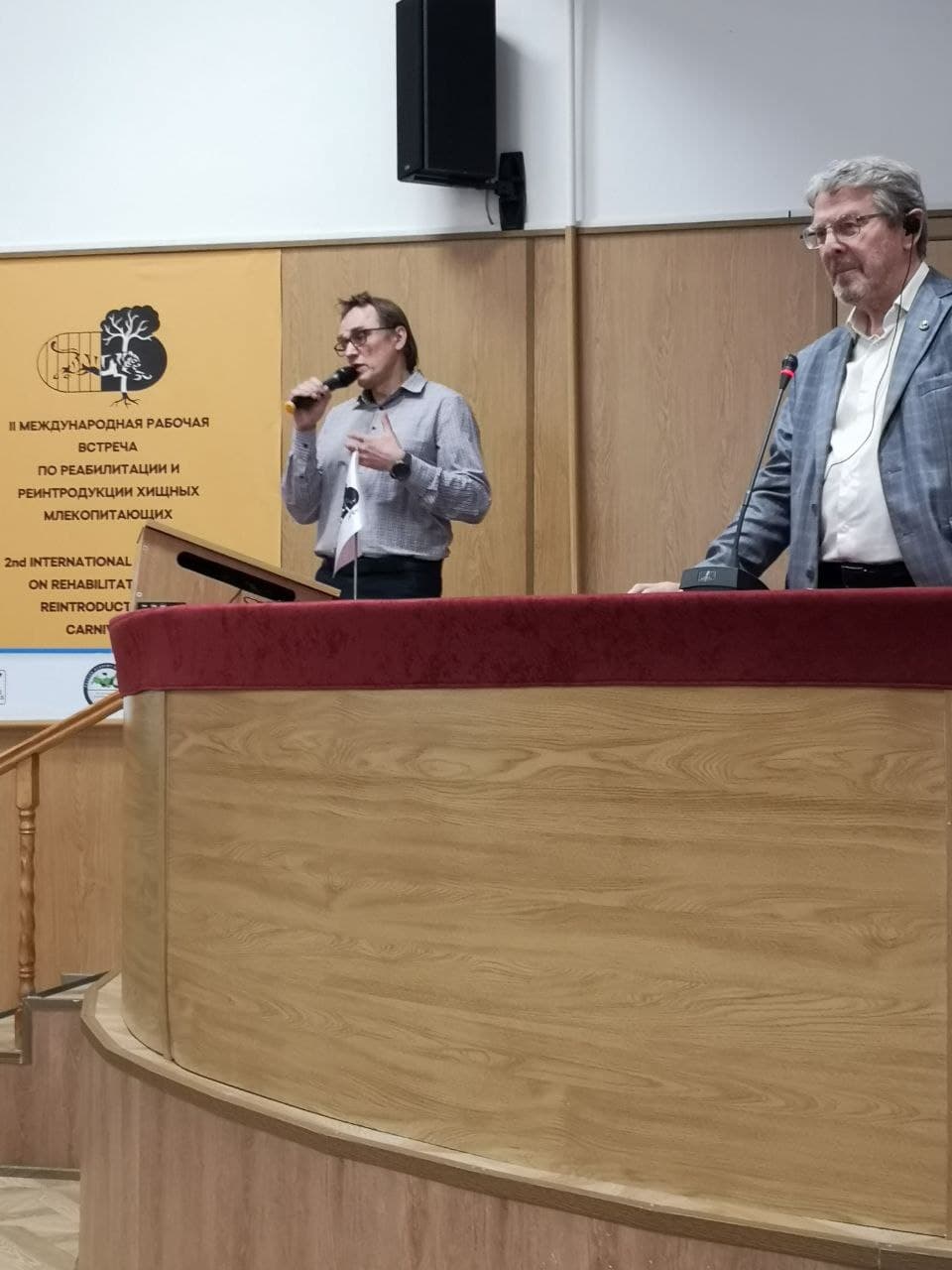
In total, the working meeting was attended by approximately 100 zoologists from different countries and organizations, who are professionally close to the topic of restoration of natural populations of carnivores. In addition to colleagues from Russia, the conference was attended by specialists from eleven countries: Spain, Portugal, Switzerland, India, Korea,
Malaysia, Qatar, Great Britain, USA, China, Georgia. The conference had a hybrid format (in-person presence of speakers and online). The working meeting was held in two languages: Russian and English, all reports were provided with simultaneous translation (professional translators largely determined the success of the event), and the monograph with published materials contains both English and Russian versions of all theses.
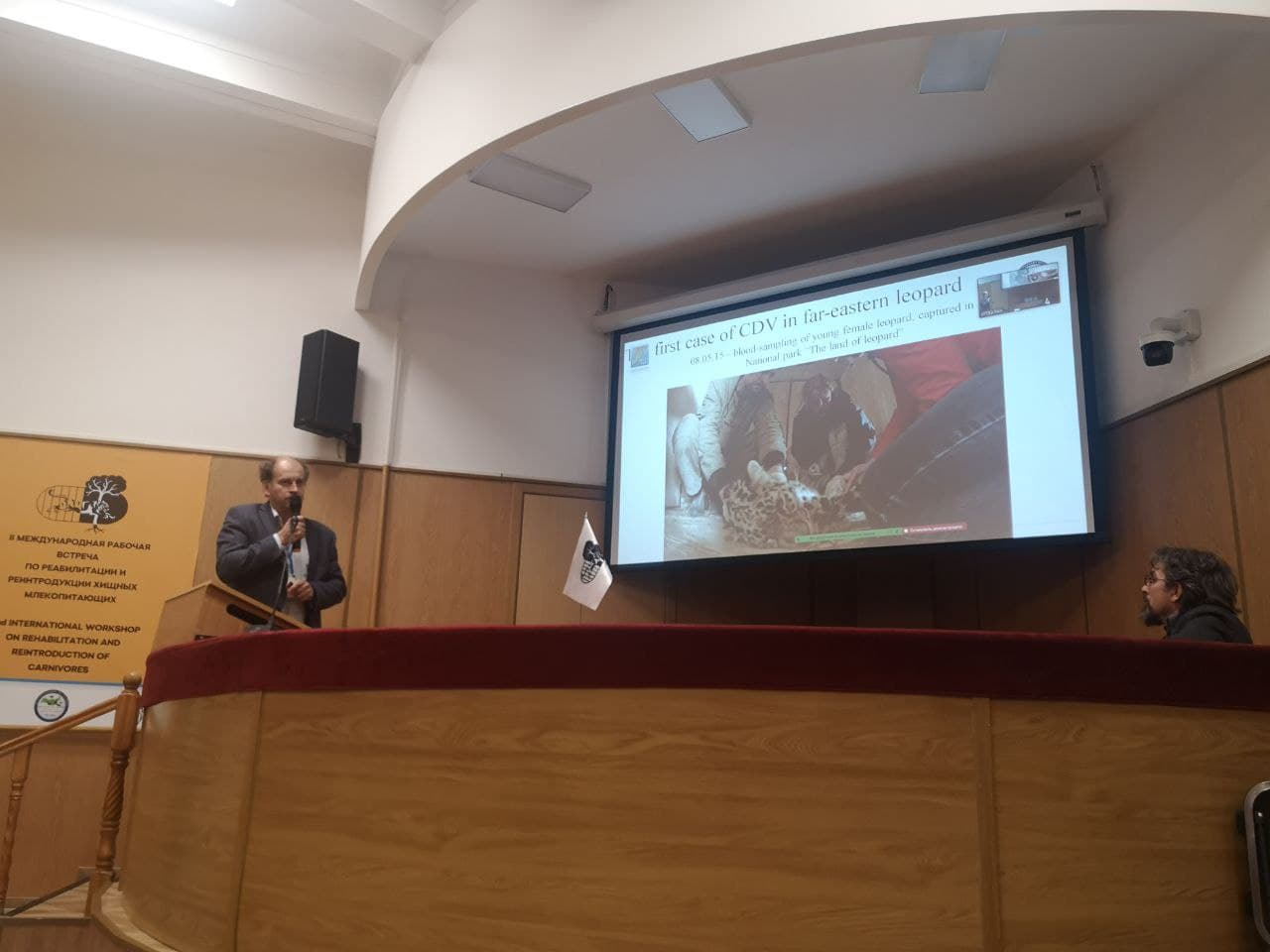
All the work, strenuous and difficult, to prepare and coordinate the international Working Meeting fell on the shoulders of young scientists, employees of the laboratory of behavior and behavioral ecology of mammals Anna Yachmennikova, who was assisted by her student Maria Danilova, and Anastasia Antonevich.
The Working Meeting would have been impossible without financial support from the Moscow Zoo, ANO Wildlife Society (PJSC Rosneft), ANO Amur Tiger, Clean Seas Foundation and WWF-Russia, for which the Organizing Committee of the Working Meeting would like to sincerely thank these organizations.
Chairman of the Organizing Committee of the Working Meeting, Academician of the Russian Academy of Sciences V.V. Rozhnov
